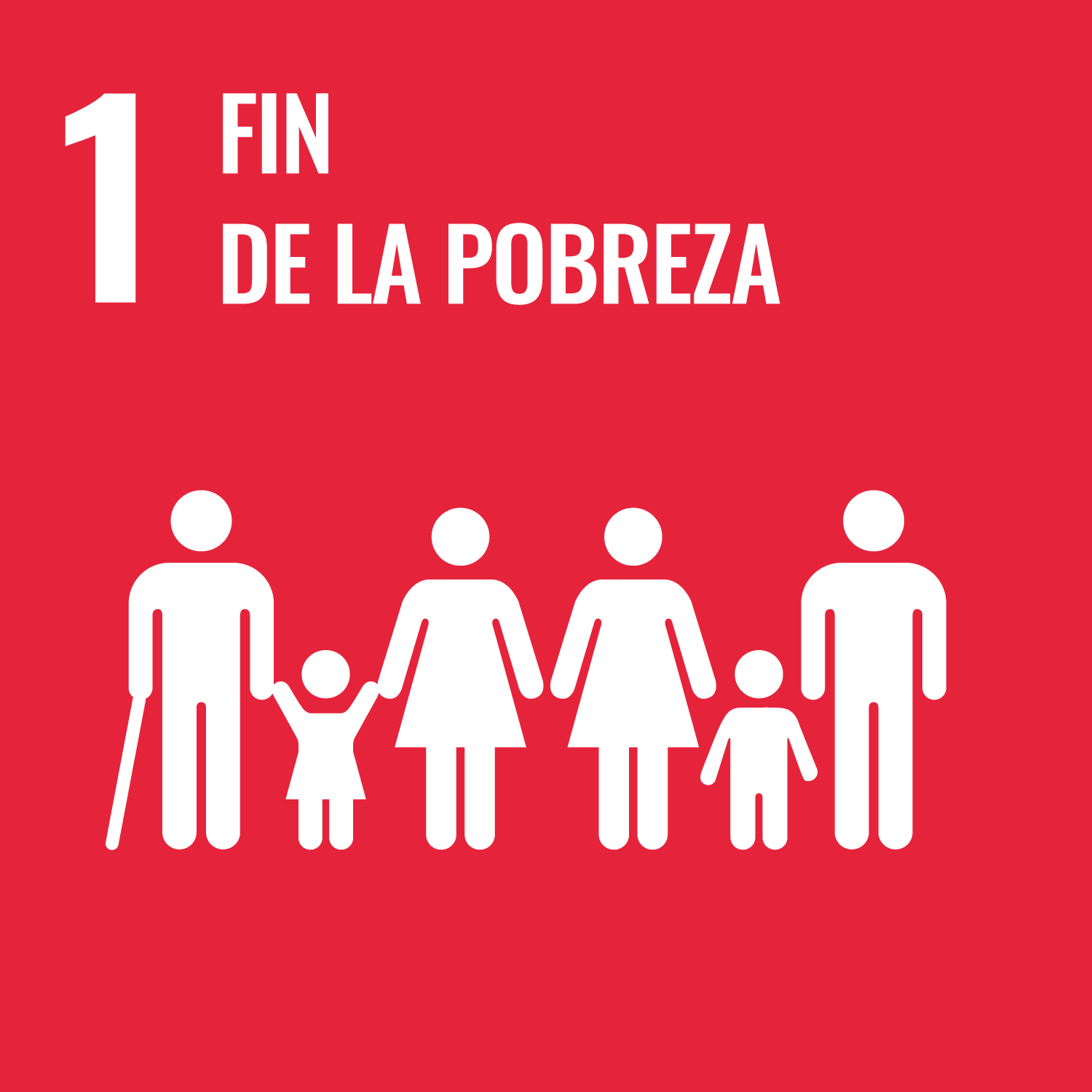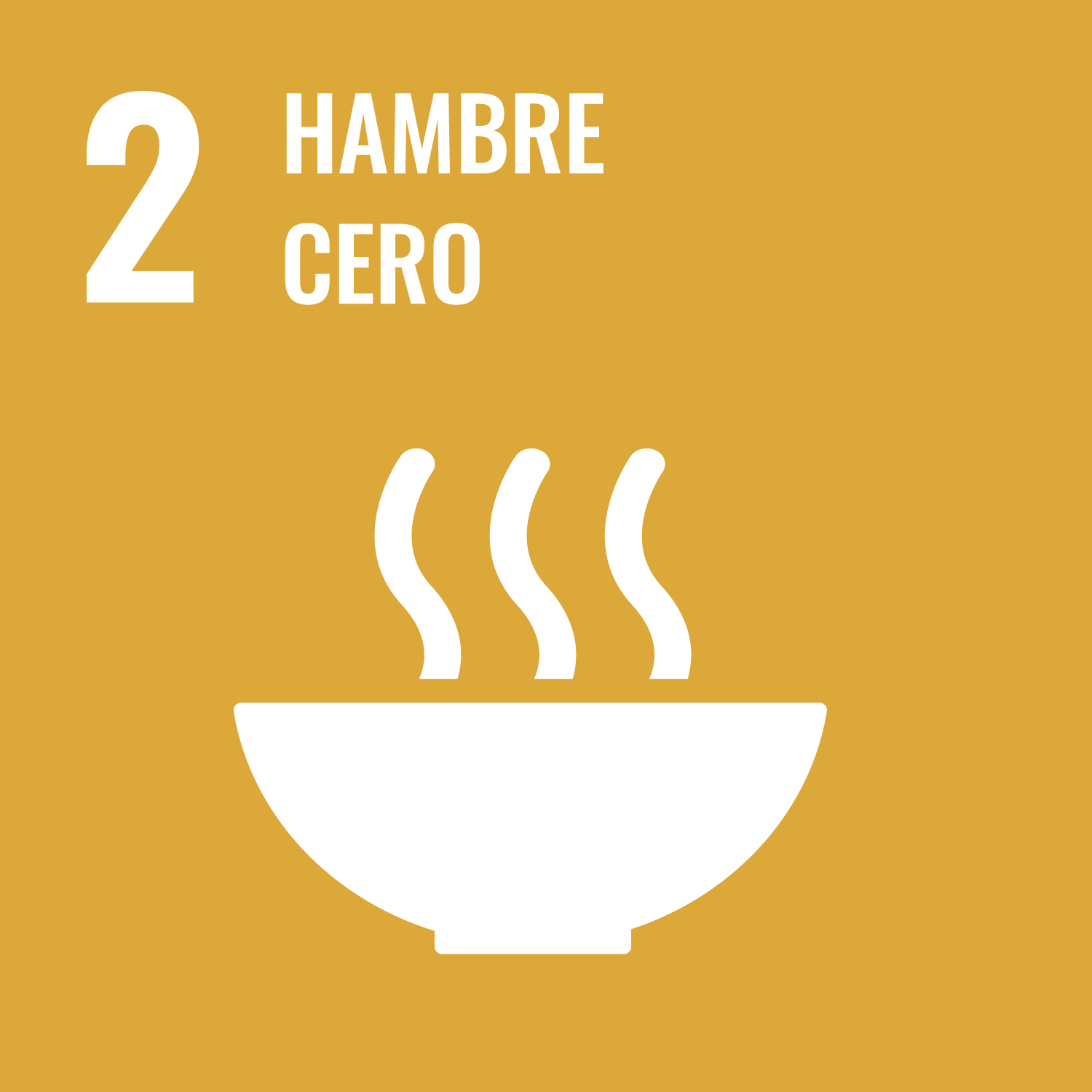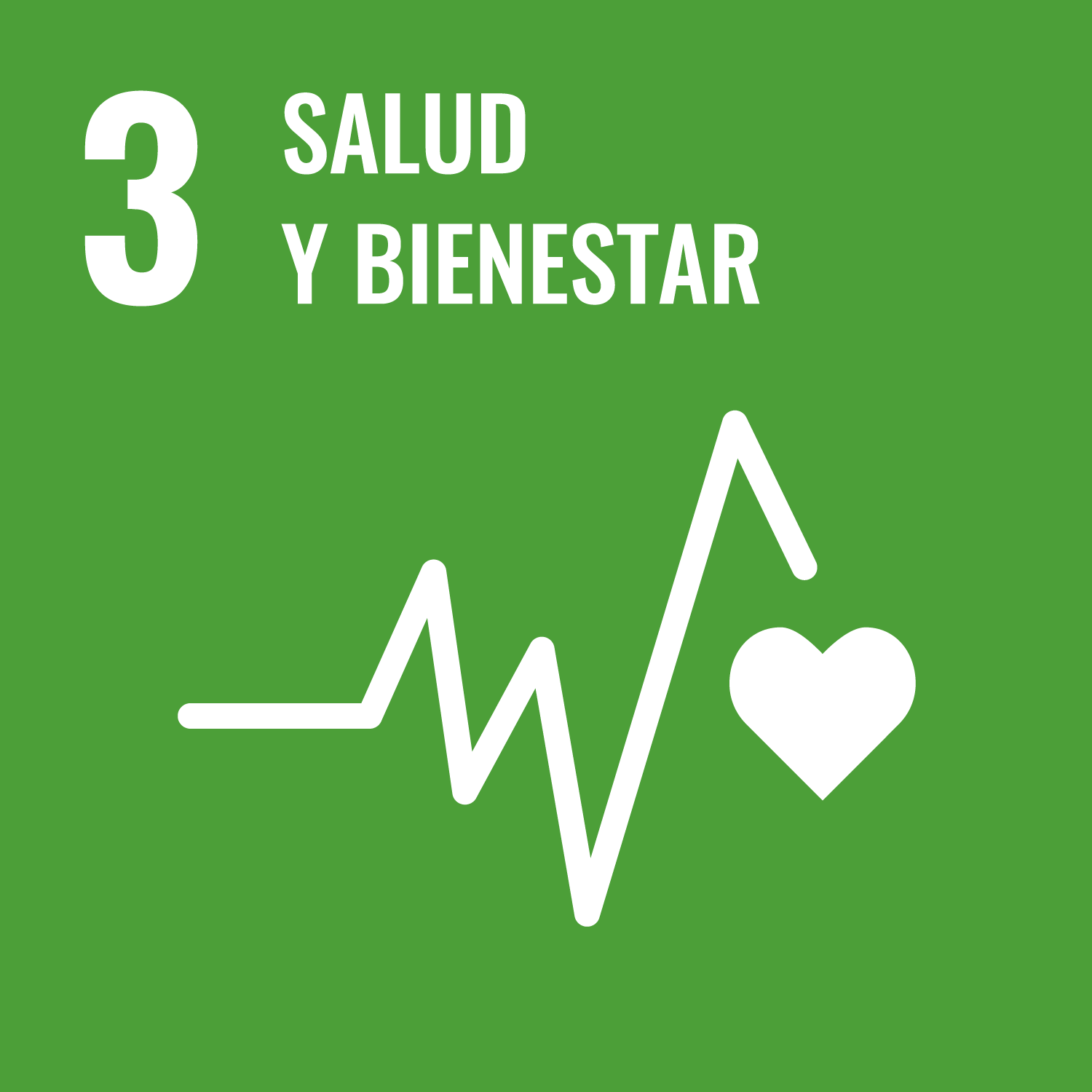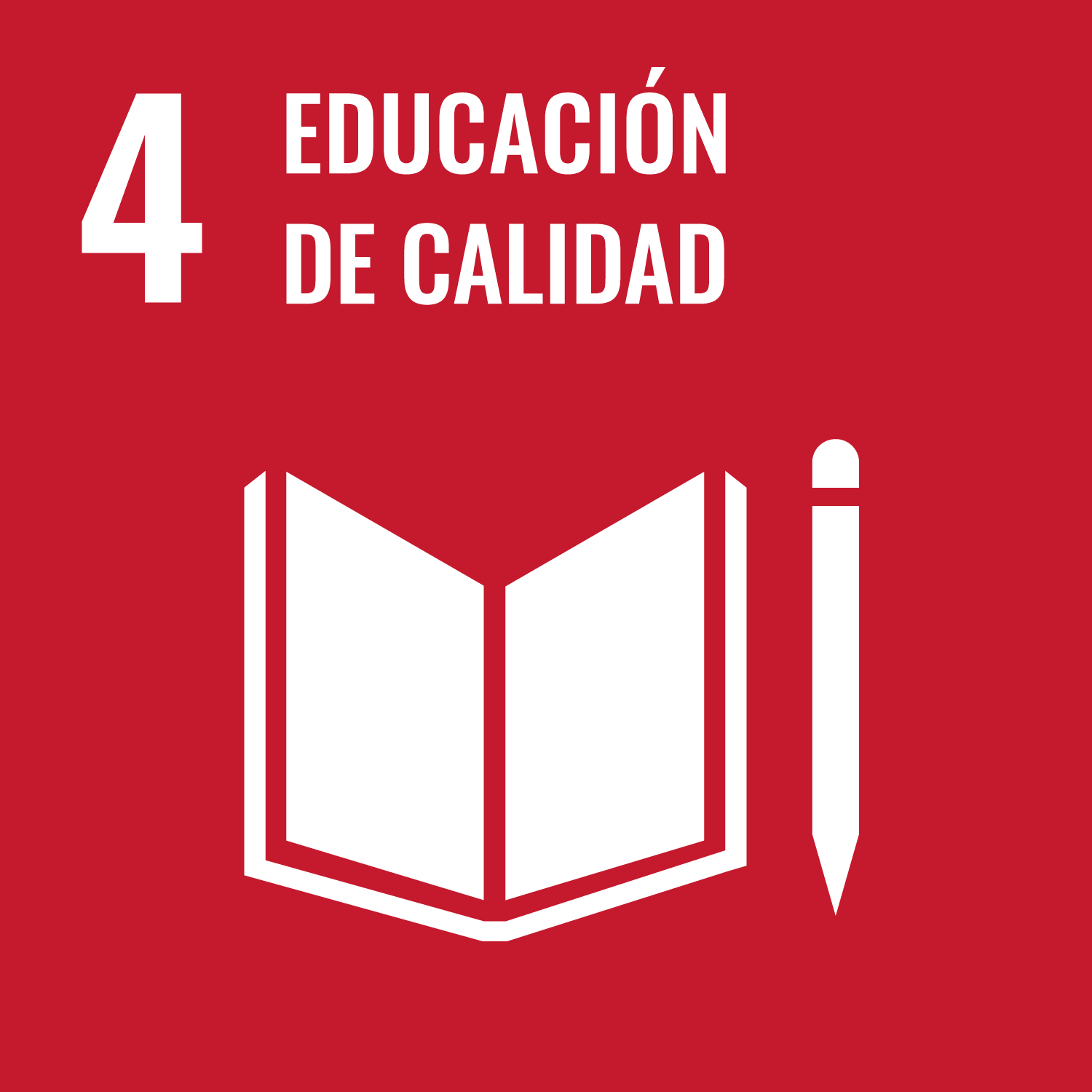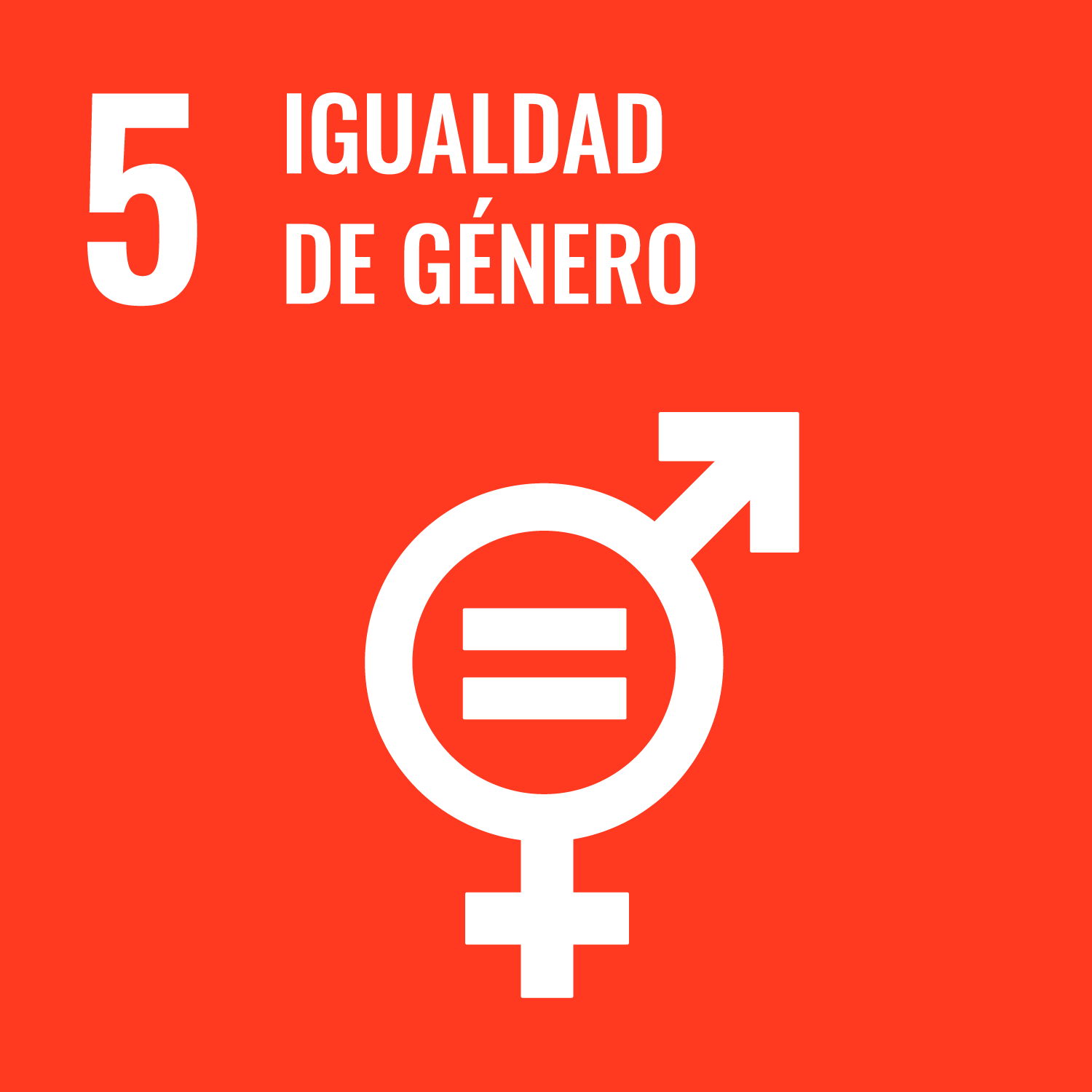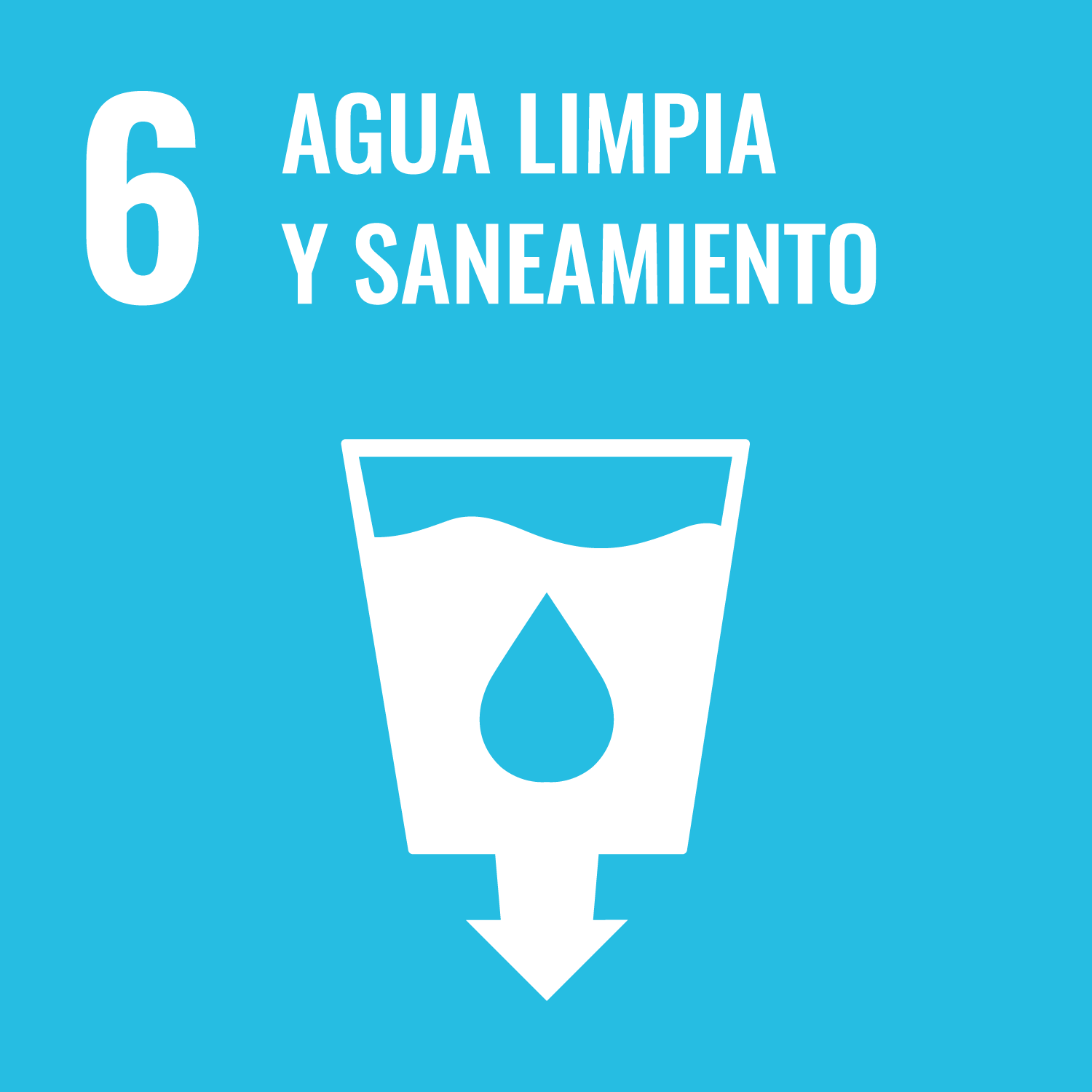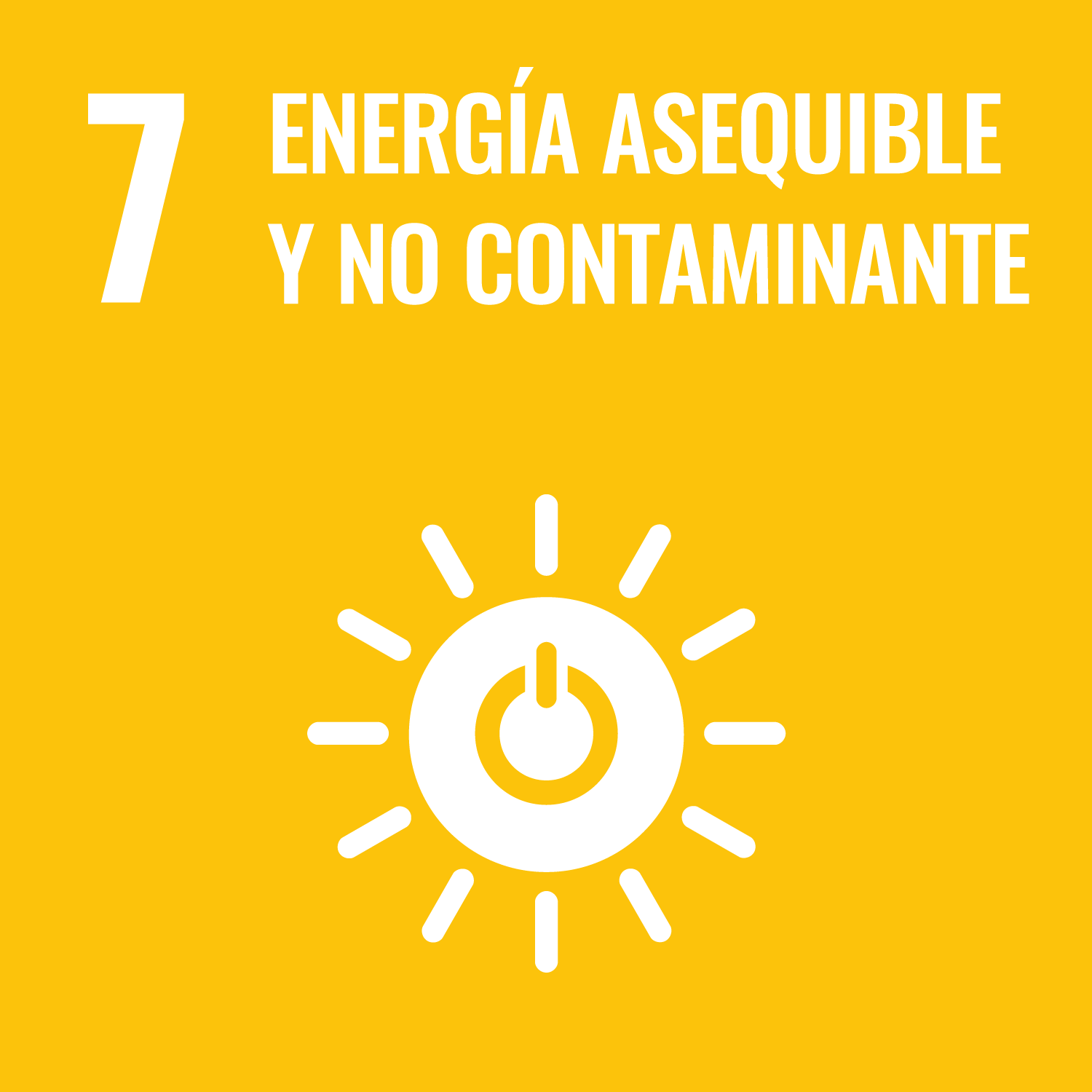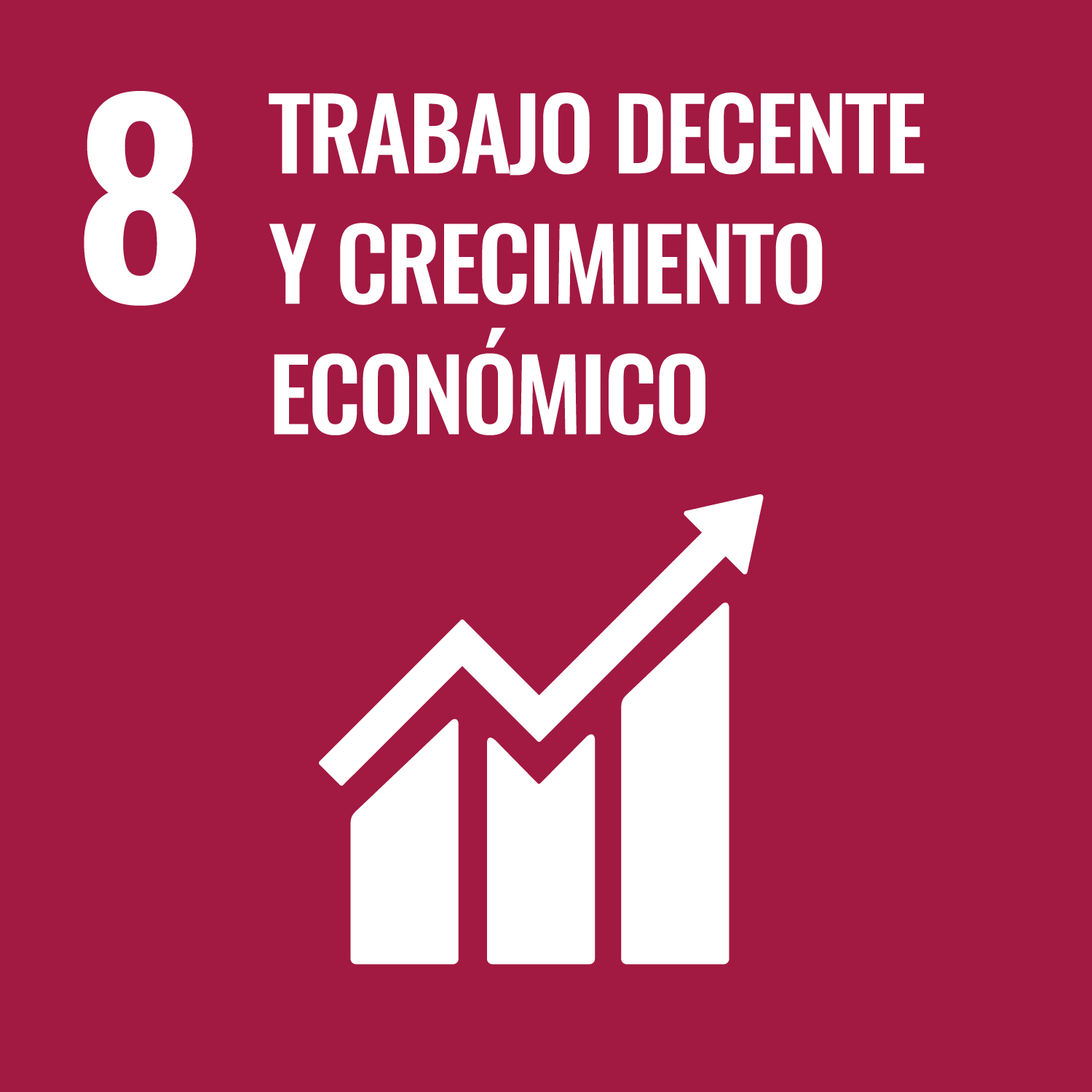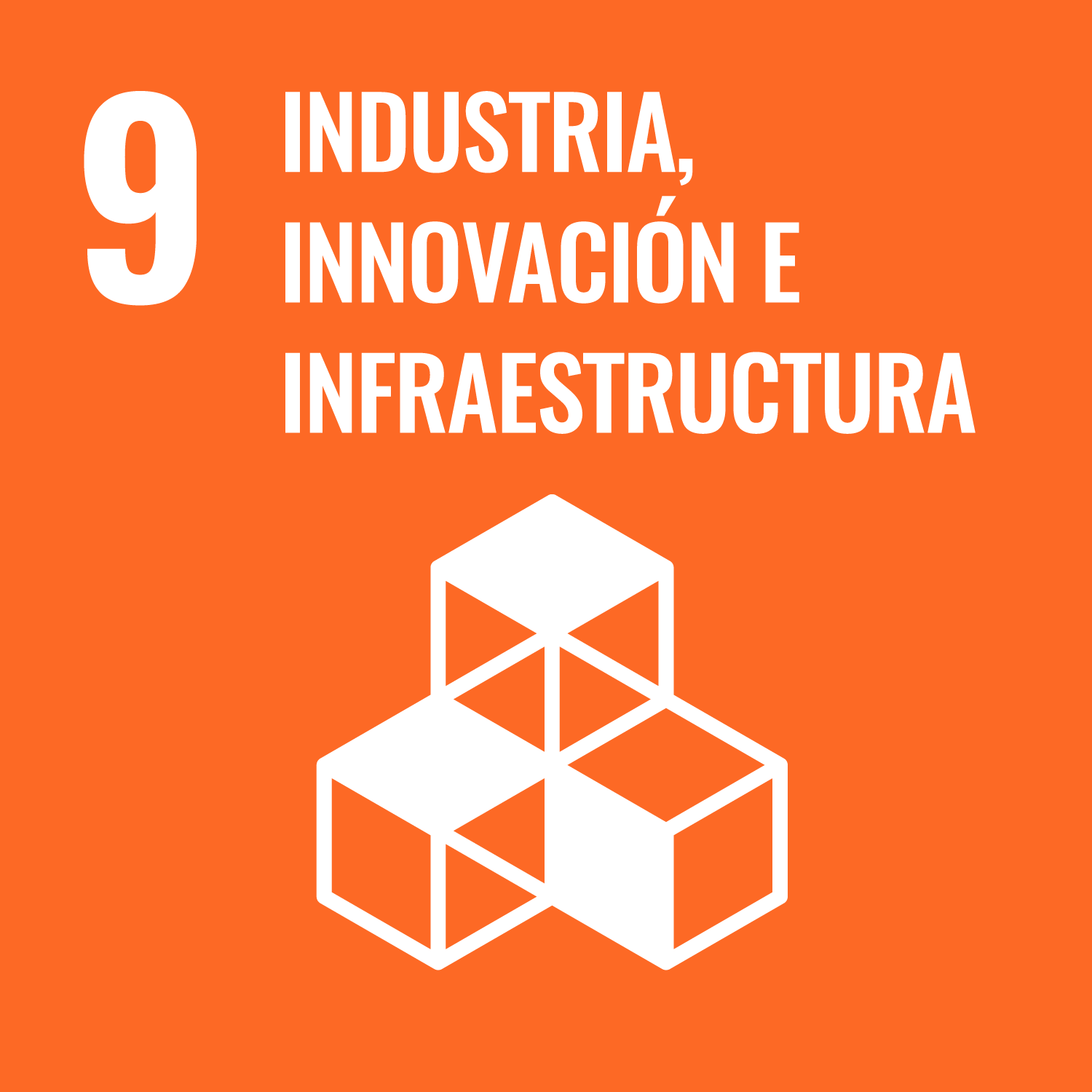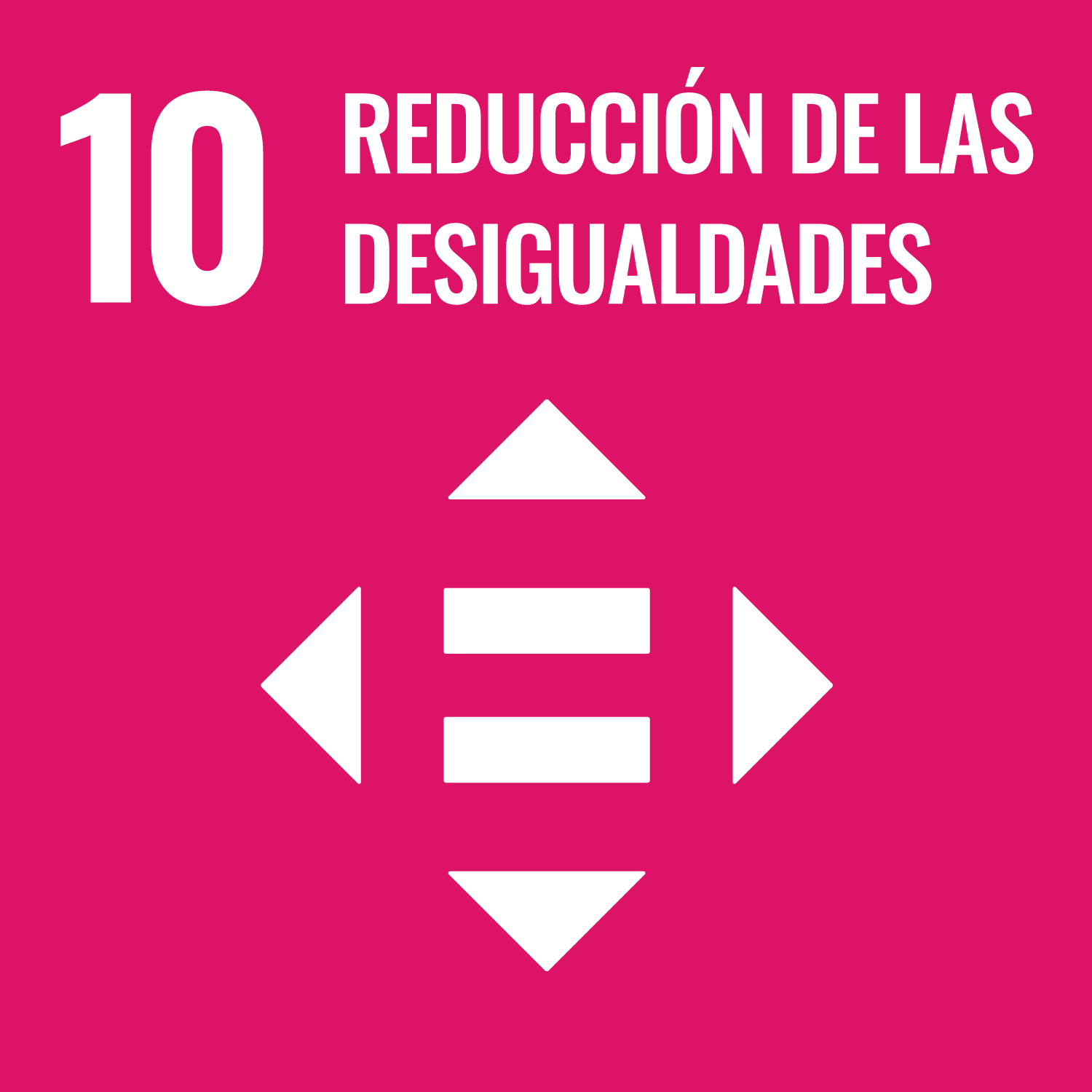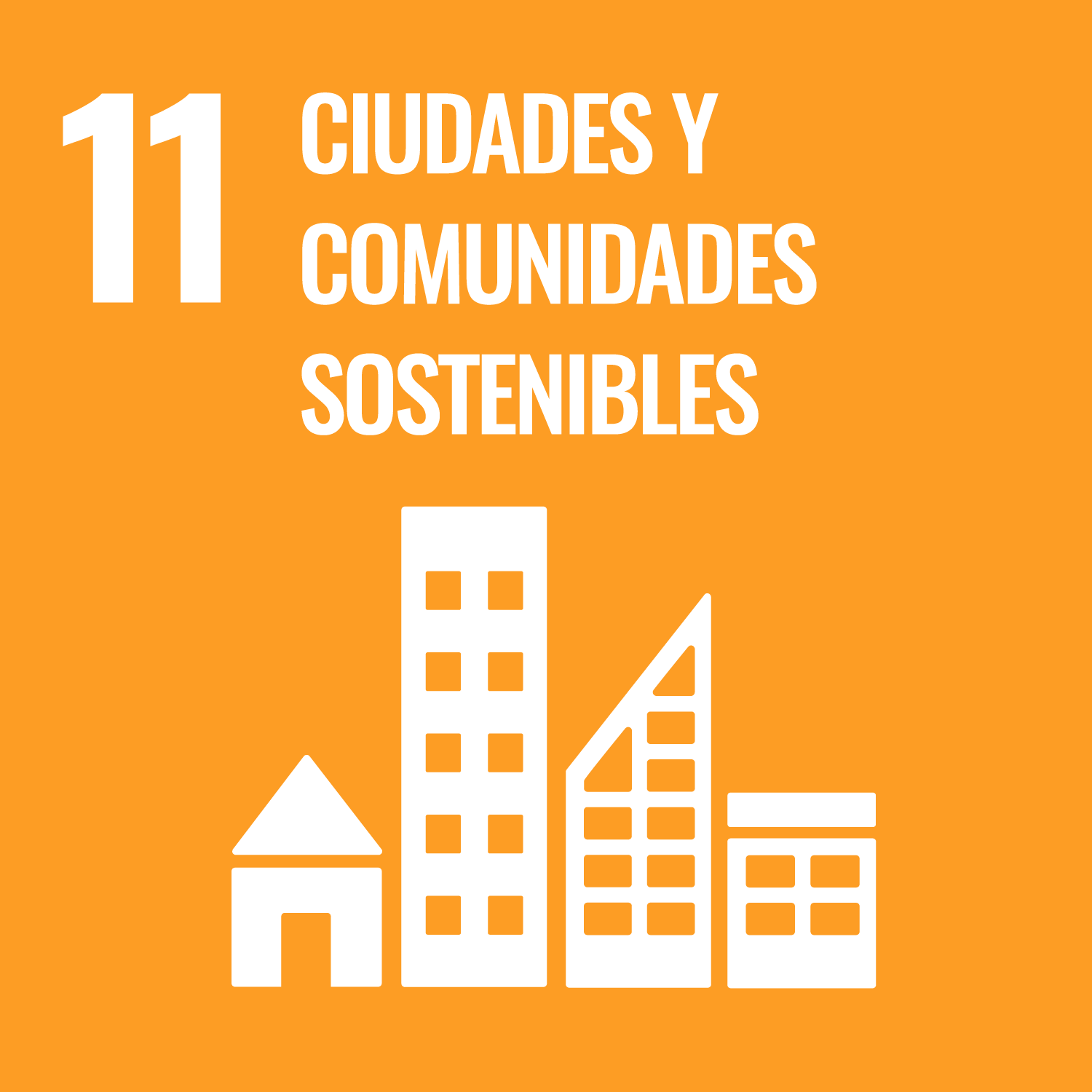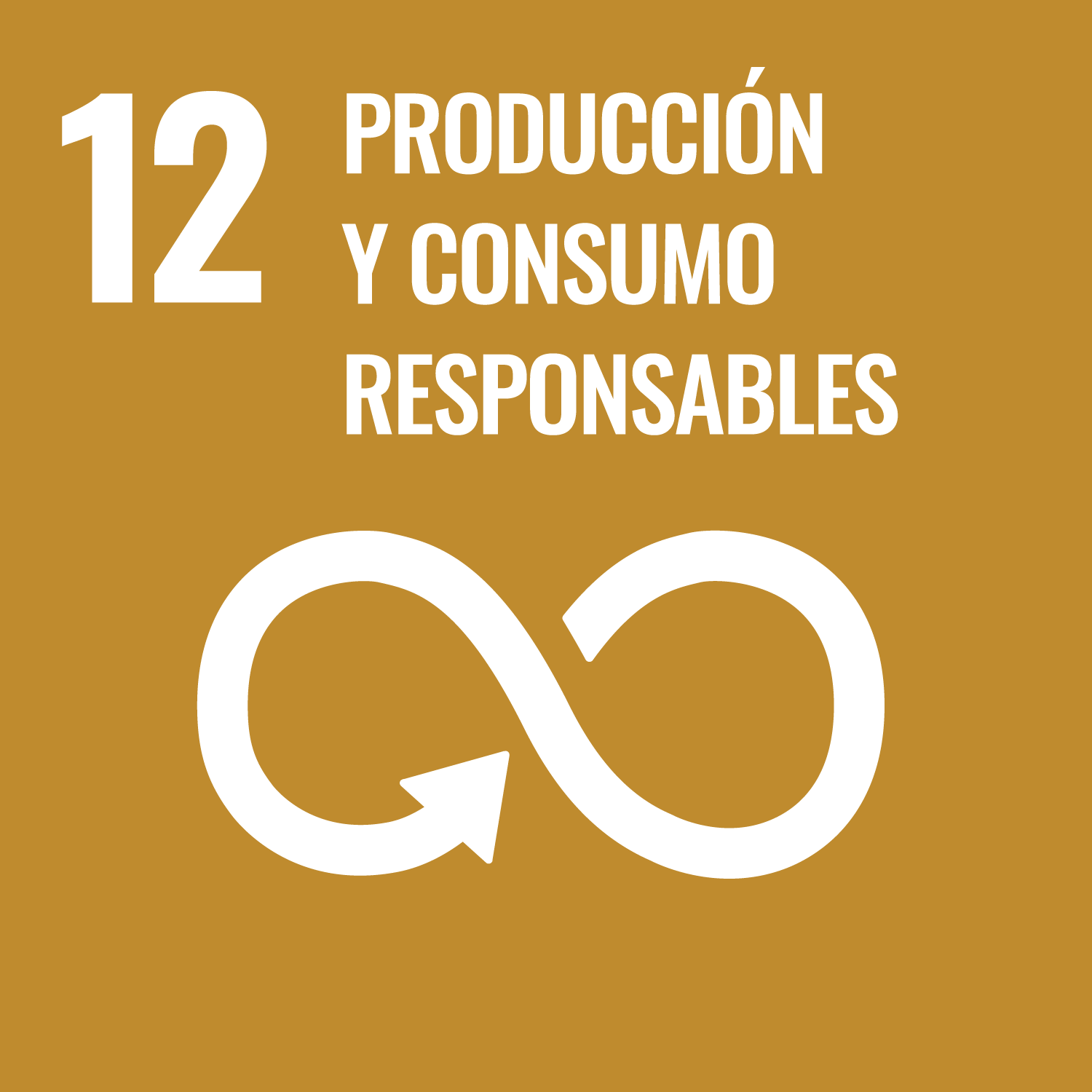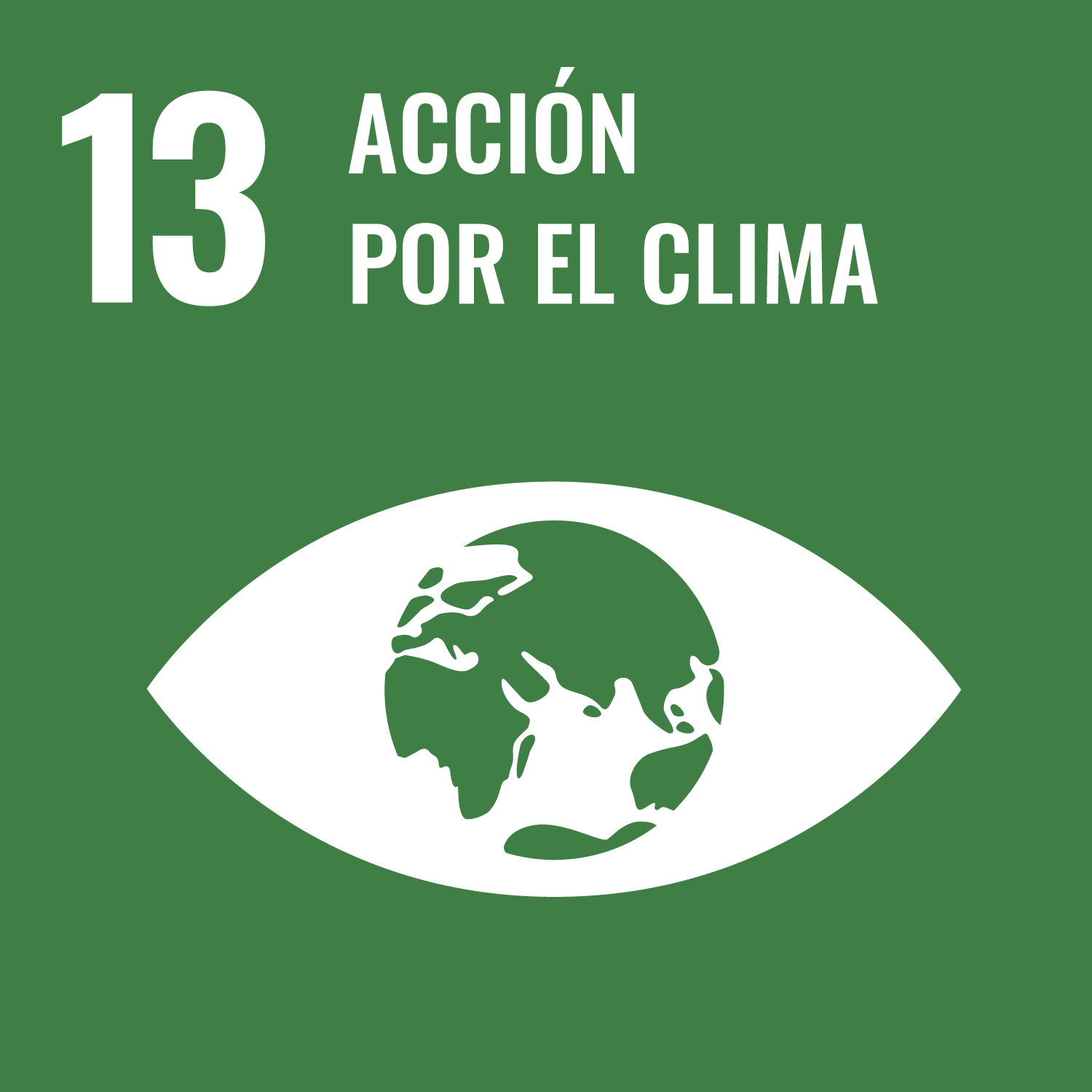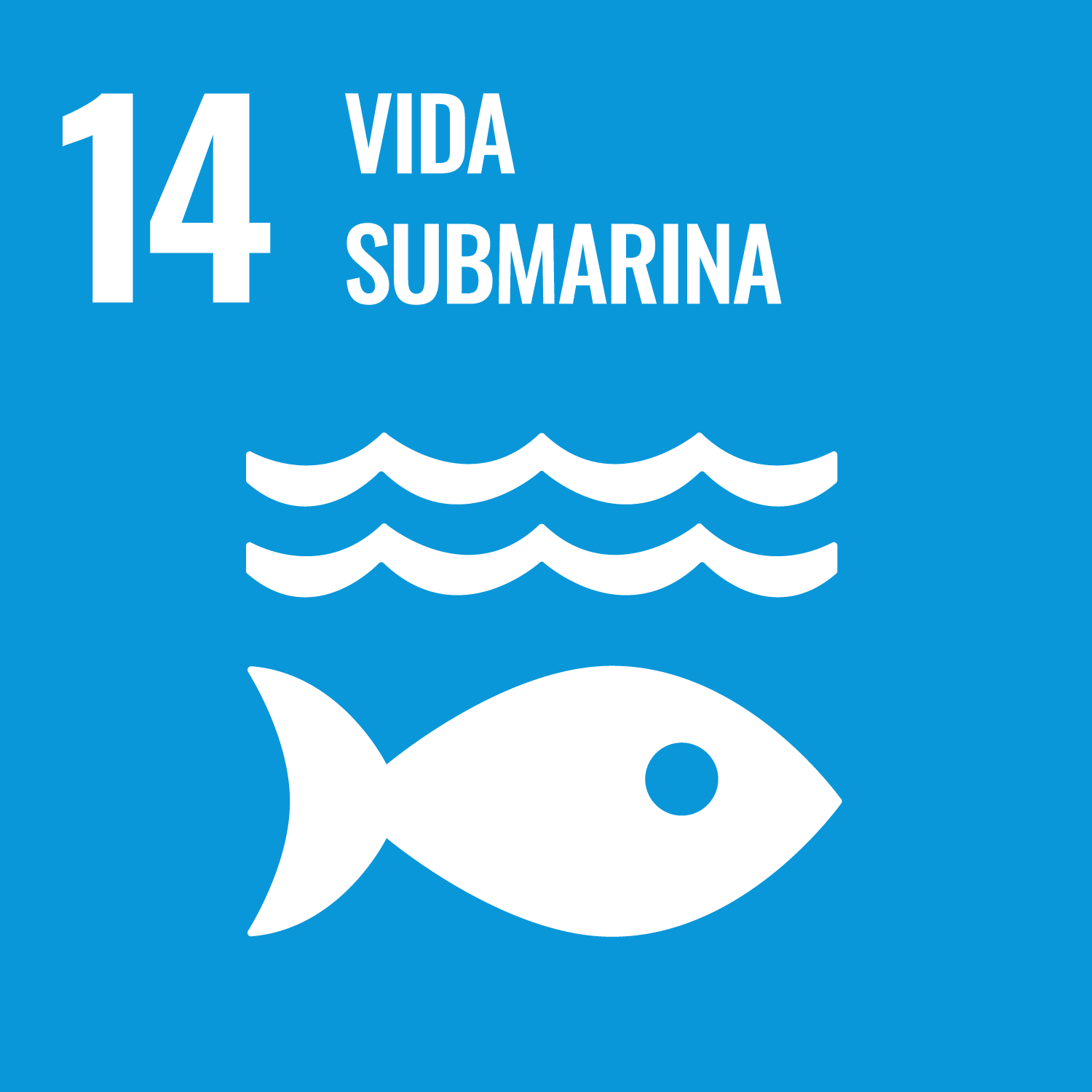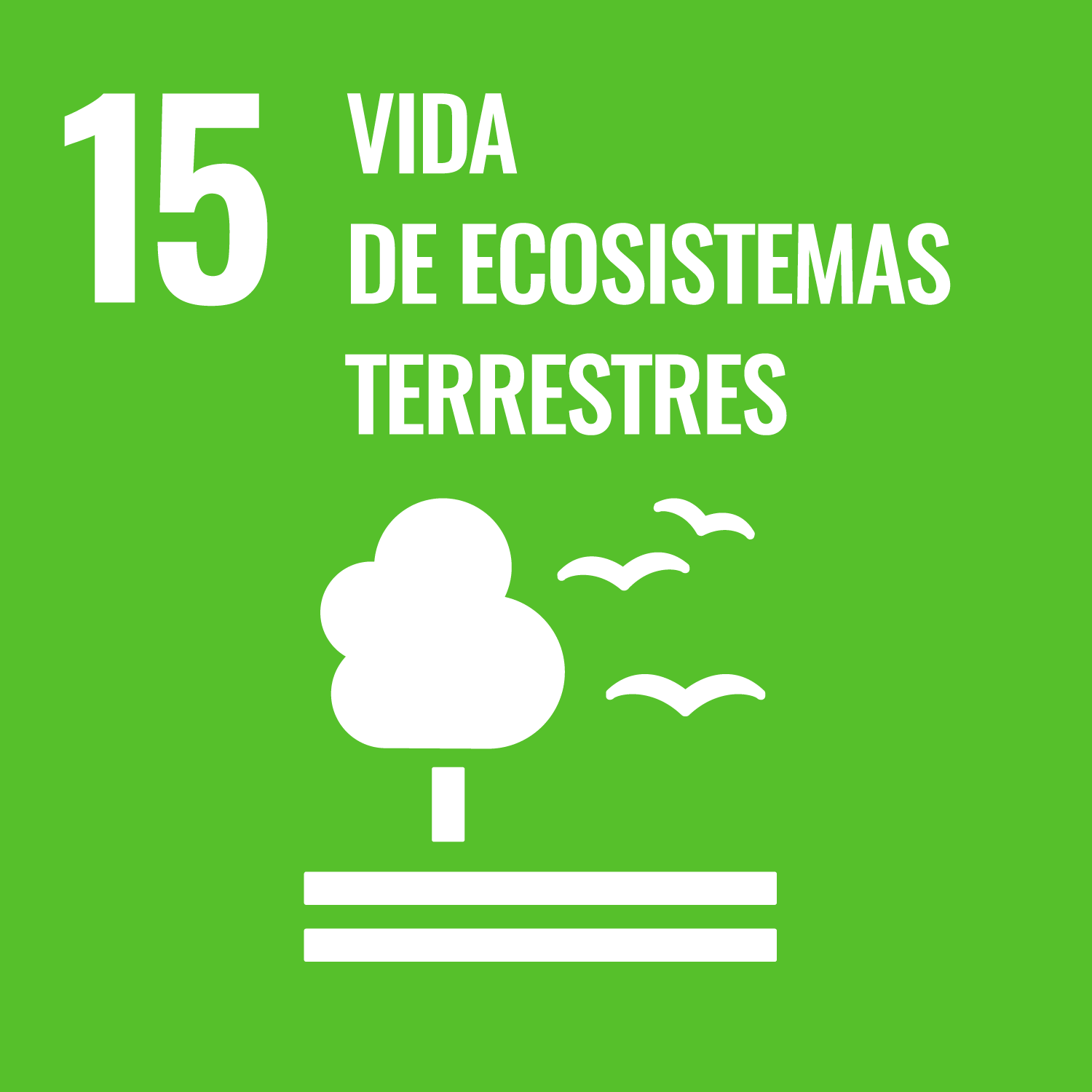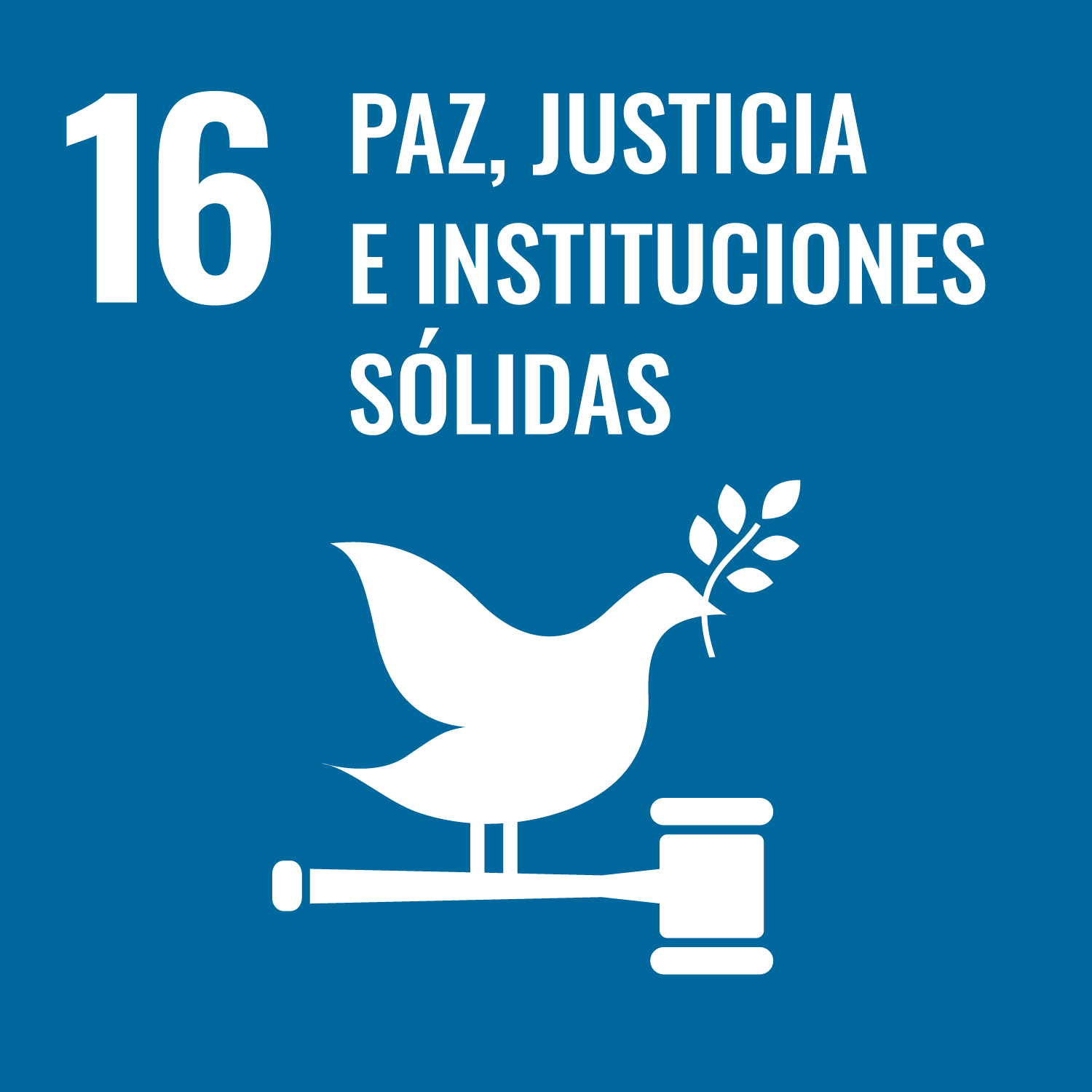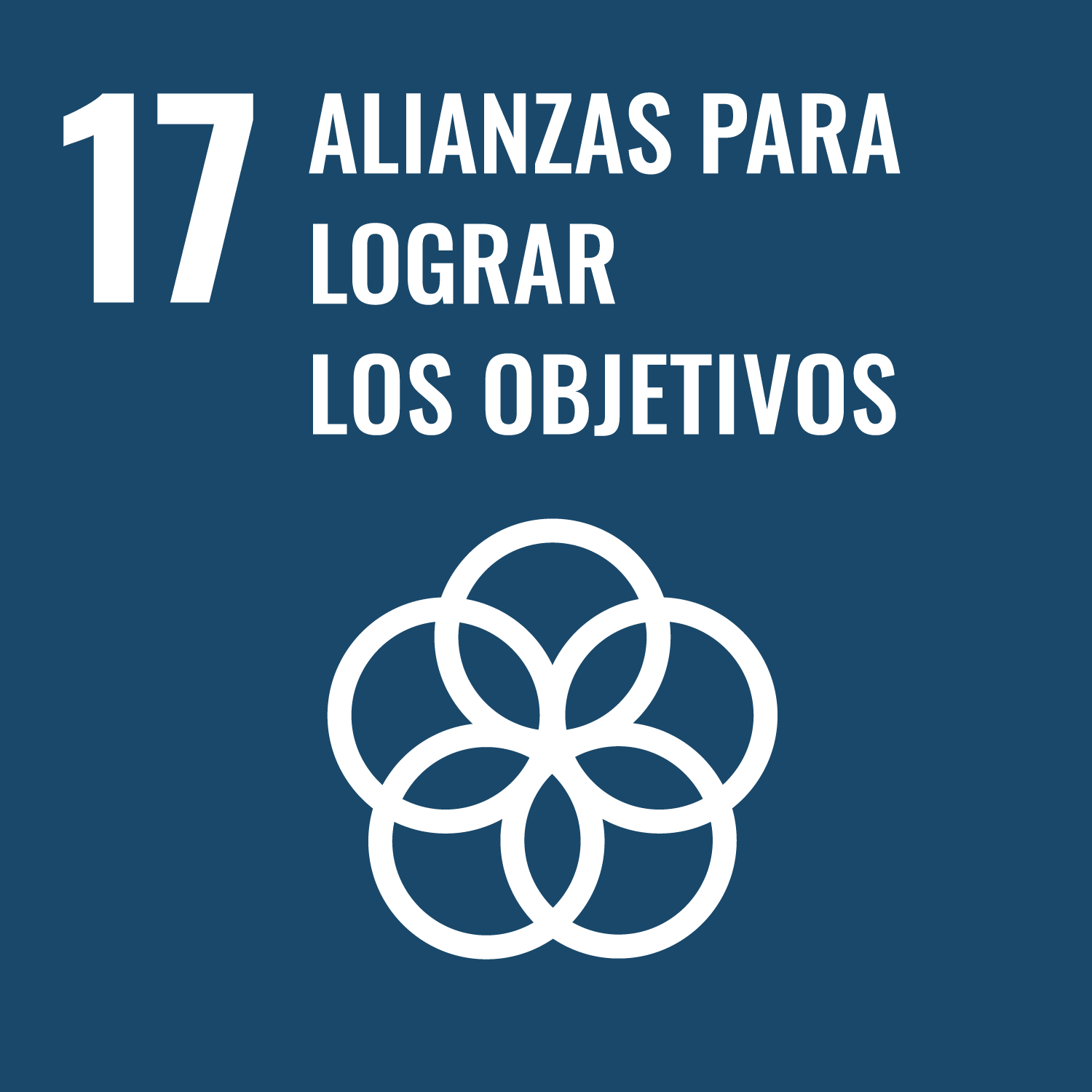Promoting local food value chains and equitable job opportunities through a sustainable agri-food industry in STP
Brief Description
In São Tomé e Príncipe smallholder agriculture has a low productivity rate and rural families are particularly prone to poverty and vulnerability. These conditions are strongly related to the lack of an integrated policy framework in the fields of food production, gender inclusion, territorial/land use planning, security of land tenure, water management, renewable energy, among other aspects, which can support smallholder development, while tackling key social issues pertaining to their communities. This joint programme aims to foster smallholder farmers development by means of a two-pronged strategy: the implementation of a community project and the promotion of an integrated policy approach at the national level building upon the practical experience acquired through the project to allow for its scaling up by attracting later on further investments.
Approach
The programme will support the design of a grounded policy framework which backed by a strong pilot case of how investments in smallholder farming can yield positive results in multiple related areas. The pilot will be implemented in thhe community of Uba Budo which reflects the broader seasonality problems faced by small-scale agricultural sector. The joint programme will be targeting three main direct beneficiary groups: i) the smallholder farmers from Uba Budo community, who will receive seeds and agriculture materials, training, access to water for irrigation and access to processing and preservation facilities to boost their food production. As a result, this group should benefit from higher productivity, lower rates of post- harvest losses, increased income and adequate market insertion; ii) vulnerable women and adolescent girls, by promoting greater insertion of women of all ages in the agricultural productive sector, creating decent and sustainable job opportunities in the small-scale processing industry, through sensitization campaigns and training to women and adolescent girls on gender issues such as GBV, sexual and reproductive rights. Finally, iii) government officials involved in policy-making for the agriculture sector will receive adequate training and support, as well as concrete recommendations based on ground experience, in developing an enabling policy framework.
Quick facts
Total budget:
Total Funding:
UN Agencies:
WFP, UNFPA, ILO, UN-HABITAT
National Partners:
Ministry of Agriculture Fisheries and Rural Development
Duración:


